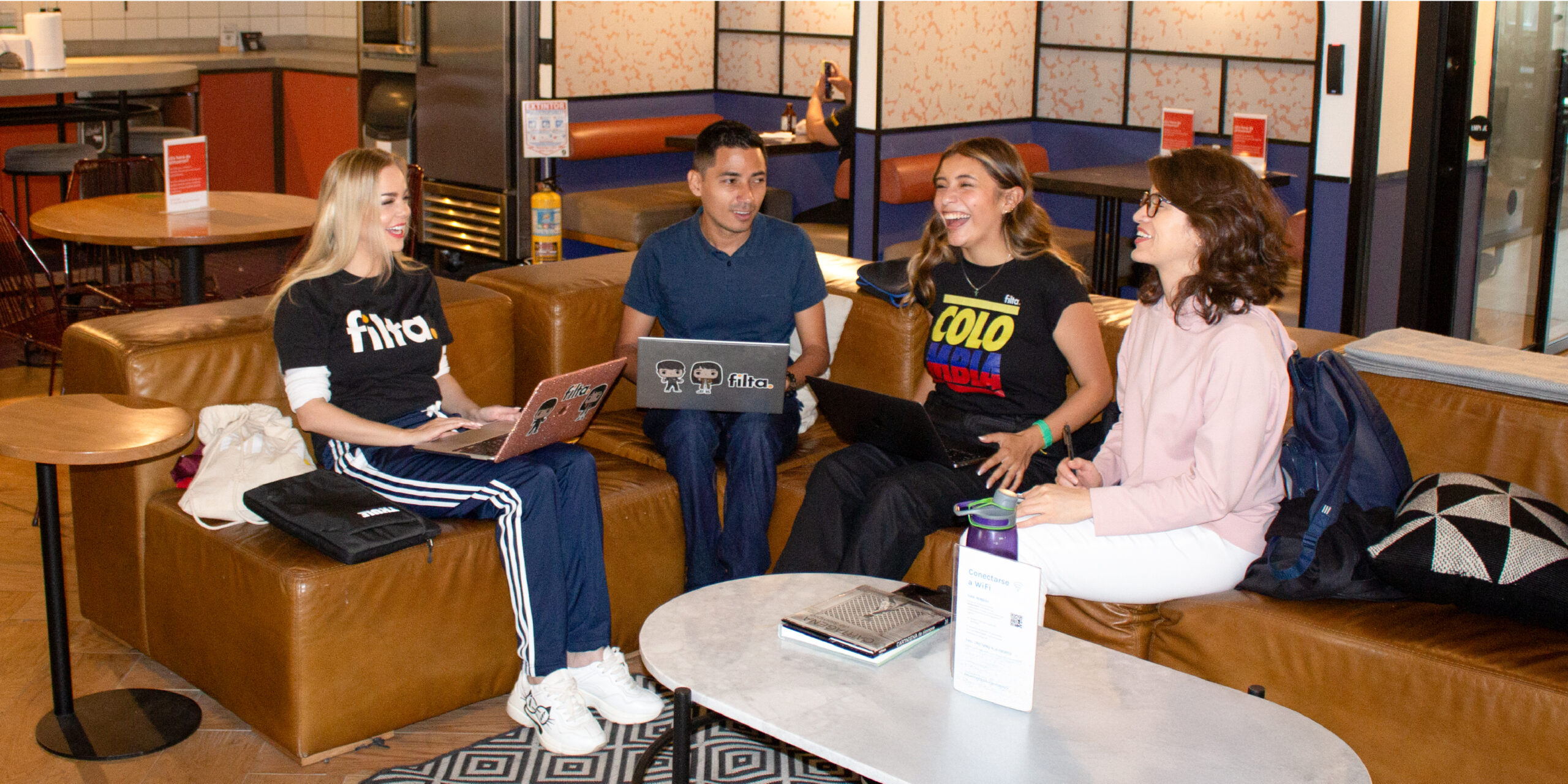It’s no exaggeration to say that the COVID-19 pandemic has completely transformed the way we live and work. The sudden shift to remote work has brought about many challenges that both employees and employers have had to grapple with. From juggling work and personal responsibilities to feeling disconnected from colleagues, it’s clear that remote work can take a toll on our mental health.
As an employer, it’s essential to recognize the impact that remote work can have on your employees’ mental health and take steps to address it. After all, healthy and engaged employees are the key to a successful business.
That’s why we’ve put together this blog to help you navigate the unique challenges of remote work and support your team’s mental well-being. We’ll explore the various ways that remote work can affect mental health, from social isolation to burnout, and provide practical strategies for addressing these issues.
So, whether you’re an HR manager, a team leader, or a business owner, this blog is for you.
Impact of Remote Work on Mental Health
Remote work has brought about many benefits, such as increased flexibility and autonomy. However, it has also led to a range of mental health challenges for employees. Here are just a few ways remote work can impact mental health:
Isolation: Remote work can lead to feelings of isolation and loneliness, especially for employees who are used to working in a collaborative office environment.
Burnout: Without clear boundaries between work and home life, employees may find it challenging to disconnect from work, leading to burnout.
Stress: Remote work can lead to increased stress levels, especially if employees feel like they need to be available 24/7.
Lack of structure: Working from home can lead to a lack of structure and routine, which can make it challenging to stay focused and productive.
Now that we’ve identified some of the ways remote work can impact mental health let’s dive into some actionable ways to address it.
Regular Check-Ins
As an employer, it’s essential to encourage regular check-ins between managers and employees. This can help build a sense of community and promote social connections, which is especially important for remote workers who may feel isolated. Consider setting up regular one-on-one meetings quarterly, or weekly team check-ins to keep everyone connected.
Promote Healthy Habits
Promoting healthy habits is another way to address mental health issues in remote work. Encourage your employees to maintain healthy habits such as regular exercise, healthy eating, and getting enough sleep. You could even organize a weekly virtual fitness challenge or promote and implement 5-minute stretch breaks.
Provide Access to Mental Health Resources
It’s crucial to provide access to mental health resources such as counseling services, employee assistance programs, and other support resources. This can help your employees feel supported and provide them with the resources they need to manage any mental health challenges they may be experiencing. Make sure to communicate these resources to your employees so they know they are available.
Set Clear Boundaries
Encourage your employees to set clear boundaries between work and home life. This can include establishing a dedicated workspace and setting set work hours. This can help create a clear separation between work and personal time, which can help reduce stress and improve work-life balance.
Foster a Positive Work Culture
Creating a positive work culture is crucial for addressing mental health issues in remote work. Encourage open communication, promote a sense of community, and value work-life balance. Consider organizing virtual team-building activities such as weekly huddles where you play games or catch up with one another, or social events like a food-tasting activity to help foster a positive work culture.
Provide Opportunities for Social Interaction
Finally, creating opportunities for your remote workers to interact socially is important. This can include online happy hours or virtual coffee breaks. This can help combat feelings of isolation and build a sense of community among your remote team.
The shift to remote work has presented unique challenges for employees and employers alike, particularly with regard to mental health. However, by implementing practical strategies and solutions, you can help support your remote workers’ well-being and create a positive and productive work environment.
At Filta, we’re more than just a workplace – we’re a community that values the well-being of our community. That’s why we prioritize wellness in everything we do. We don’t just pay lip service to the importance of well-being – we actively promote it through social and wellness activities that bring our community together. Whether it’s a group stretch break or a virtual get-together event, we know that these activities not only benefit our employees’ physical health but also foster a sense of connection and belonging.
But we don’t stop there. We also recognize the importance of mental health, which is why we offer paid mental health day leave to our employees. This gives them the opportunity to take a much-needed break from work and focus on their mental well-being. We understand that sometimes, a day off can be the best medicine.
We believe that a positive work culture is essential for both remote and in-person work. By fostering a supportive and collaborative environment, we ensure that our employees feel valued and engaged. And we know that social interaction is essential for maintaining good mental health, which is why we provide opportunities for our community to connect and bond.
So, if you’re looking for a community that prioritizes your and your team’s well-being and values you as a person, not just an employee or client, look no further than Filta. We’re committed to ensuring that our community members remain healthy, engaged, and productive. Let’s work together to create a positive and productive remote work environment that supports the mental health of your employees. Join us today and experience the difference for yourself.





